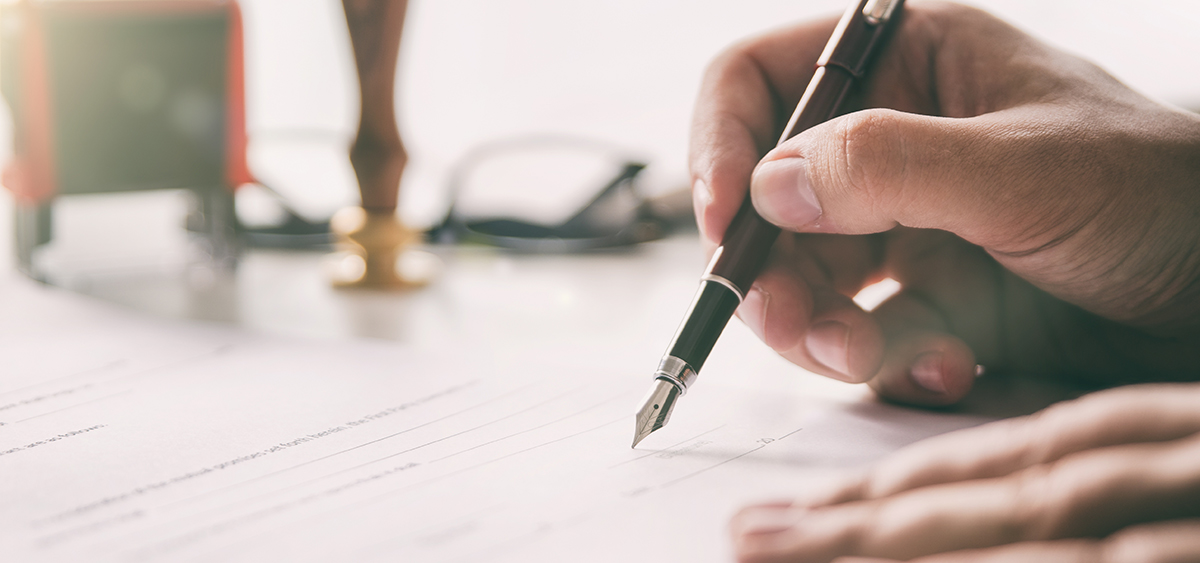If you were in an accident tomorrow, would someone be able to find your important papers and sort out your affairs? Bills, safety deposit boxes, bank statements, investments, mortgages, other important documents… it’s not always easy to sort things out if you haven’t kept an up-to-date inventory of everything you own.

What’s in an inventory?
This inventory includes everything you own, and everything you owe. For example, it might include the following:
- identifying information (name, address, marital status, date of birth, social insurance number, etc.)
- your important documents and where they are stored (will, birth certificate, divorce judgment, partnership agreement, mortgages, etc.)
- what you own (homes, pensions, bank accounts, investments, insurance policies, etc.)
- your debts (loans, credit card amounts, other debts)
- contact information for your professional advisors (accountant, notary, lawyer, broker, etc.)
- the names of any compagnies from whom you receive bills electronically and your account numbers with them.
You can use our model to create your inventory (PDF)
This inventory will be very useful for your relatives, and especially for the liquidator (executor) who will eventually have to settle your estate. It is therefore a good idea to include a lot of details in the inventory and to keep it in a safe place.
Asking for professional assistance
You can get professional assistance to draw up your inventory. Notaries frequently provide this service for their clients. The notary keeps the original on file and informs the Chambre des notaires du Québec (professional ordre of notaries) that they have your inventory on file. The Chambre des notaires keeps a registry of such inventories. This makes it much easier to locate the document when time comes.





